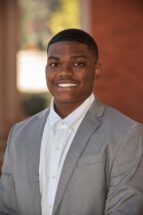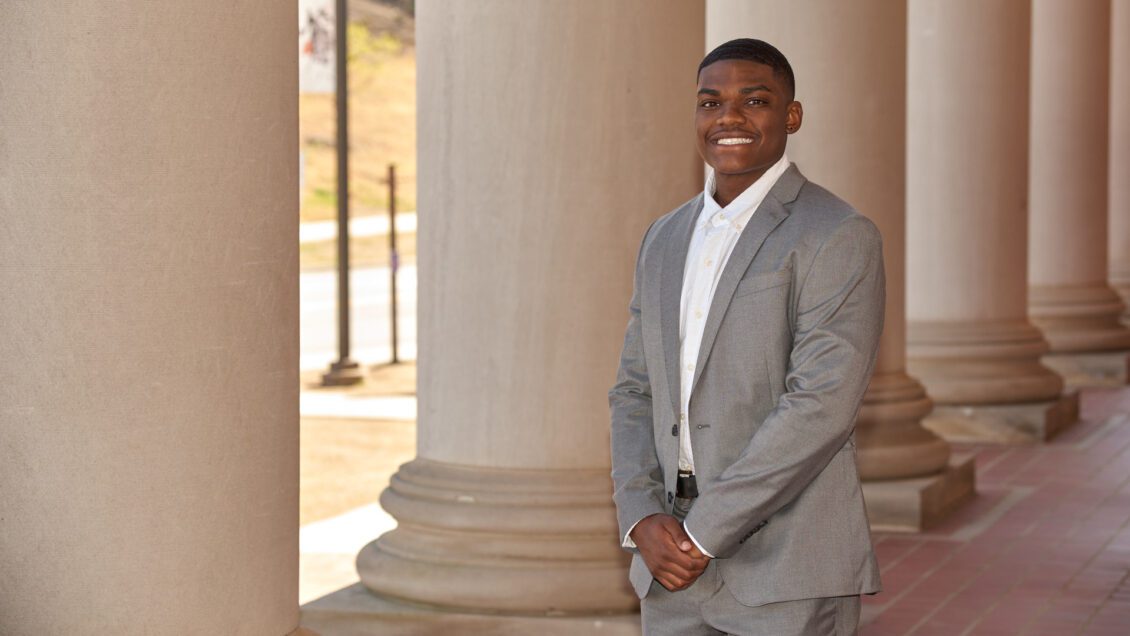Ryan Watts was participating in a robotics competition for middle school students in the Chicago area when he realized the endless opportunities science offered.
“I was only 13 years old and I had taken two or three computer programming classes. I could program a robot by myself, something that most adults in the building couldn’t do,” he said. “That really got me interested in science. It seemed almost limitless.”
While he was still interested in computer science when it was time to apply for college, Watts decided to go into life sciences because it was something he couldn’t learn outside of college. He decided to major in chemistry and minor in physics at Ball State University.

“Something you have to go to college for is life sciences, like biology, pre-med” he said. “You have to learn that in a college setting because you have to have the hands-on experience.”
Watts is now pursuing a Ph.D. in biochemistry and molecular biology at Clemson University. He eventually wants to have his own research facility to study cancer and other diseases.
He is a member of the first cohort of students in the Clemson Bridge to Doctorate Graduate Fellowship program. The Bridge to Doctorate program provides support to incoming underrepresented Ph.D. students enrolled in select programs in the Clemson College of Engineering, Computing and Applied Sciences (CECAS) and the College of Science.
“I accepted immediately. I received my offer letter at 10:05 a.m. and had it sent back by 10:10,” he said. “I wasn’t going to let this opportunity slip away. I wasn’t going to let them give the scholarship to somebody else.”
While he was an undergraduate student at Ball State, Watts did research that involved ultraviolet spectrometry and halogen bonding. Halogen bonding is important in drug development.
“The problem with modern medicine is it often treats the symptoms and not the problems,” said Watts, who gave his grandmother as an example. Of the four prescription drugs she takes, two are prescribed to treat side effects of the other drugs. “I’d rather fix the problem than treat a symptom of a problem because symptoms come from the problem. It’s not fixing the actual problem. Ultimately, my goal is to create alternatives that don’t have side effects.”
Watts is working in the lab of Hong Luo, a professor in the Department of Genetics and Biochemistry, whose research focuses on gene discovery in grasses and cereals and genetic improvement of perennials and row crops.
Get in touch and we will connect you with the author or another expert.
Or email us at news@clemson.edu

